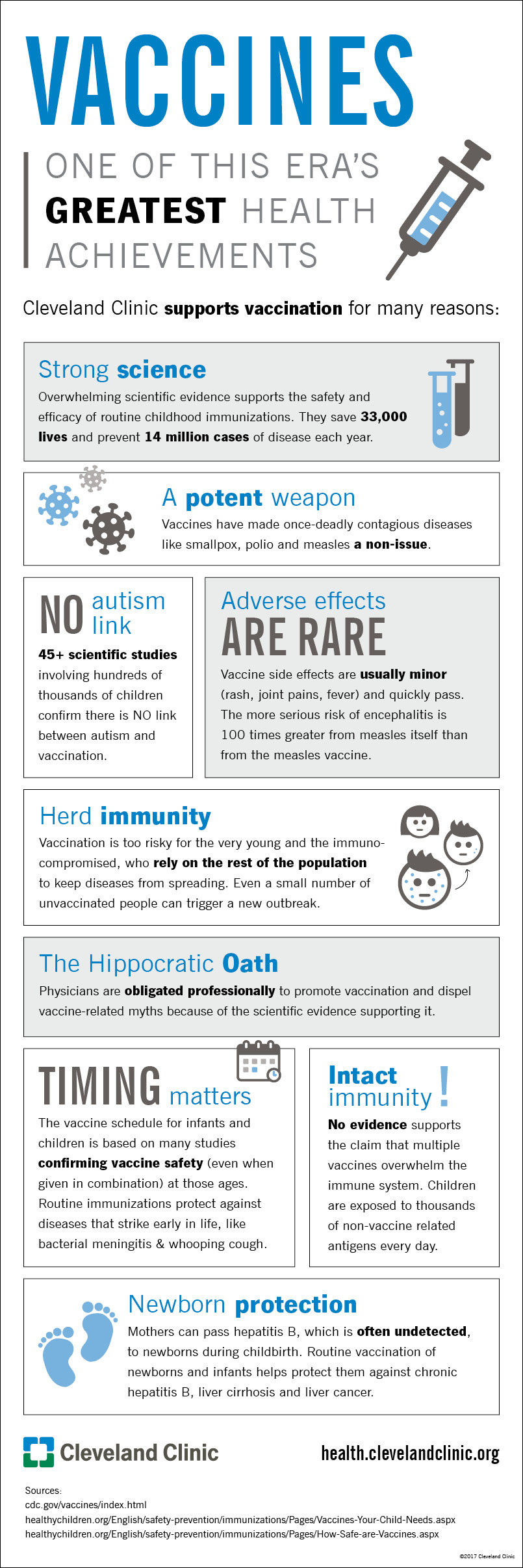I may be a little late in getting one, but I’m going to get the flu vaccine this year. In the US, it is recommended that you get the flu vaccine in October. That gives you time–two weeks–to build immunity to the flu before the “flu season” hits.
One reason to get the vaccine is to help protect other people from influenza. This benefit, called herd immunity, means that vaccination effects the transmission of disease. By reducing infection or infectiousness of people in a population, vaccination decreases the risk of infection to people who are susceptible.
Another reason is that, if you do get the flu after being vaccinated, you should get a milder case. Battling the flu, especially one like last year, is no fun. A little extra immunity doesn’t hurt.
Studies indicate that vaccination for the flu reduces the number of heart attacks among people with heart disease and reduces the number of hospitalizations in people who have diabetes or lung disease.
Contagious?
In preparation for the flu season, here is a video by NPR. When you are getting over the flu, did you know that you can be contagious even if you are feeling well? Take a look at this video to learn more.
We’re also sharing an infographic by the Cleveland Clinic which explains the importance of getting vaccinations, including the influenza vaccine. Take a look at it.







I stopped taking the flu vaccine a year or so ago, as it has at least 250 x the W.H.O. recommended of mercury in it. This is in the form of a chemical named “Thimerosal”. Last year (in the U.K) the vaccine was, I gather only about 50% effective on the prevention of influenza uptake for people that had the vaccination.